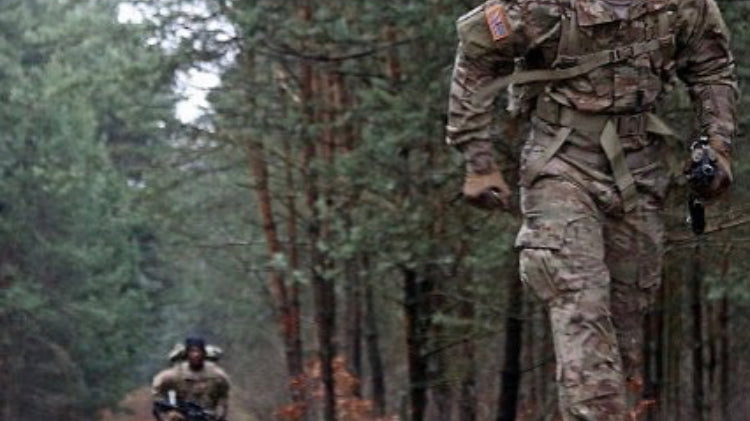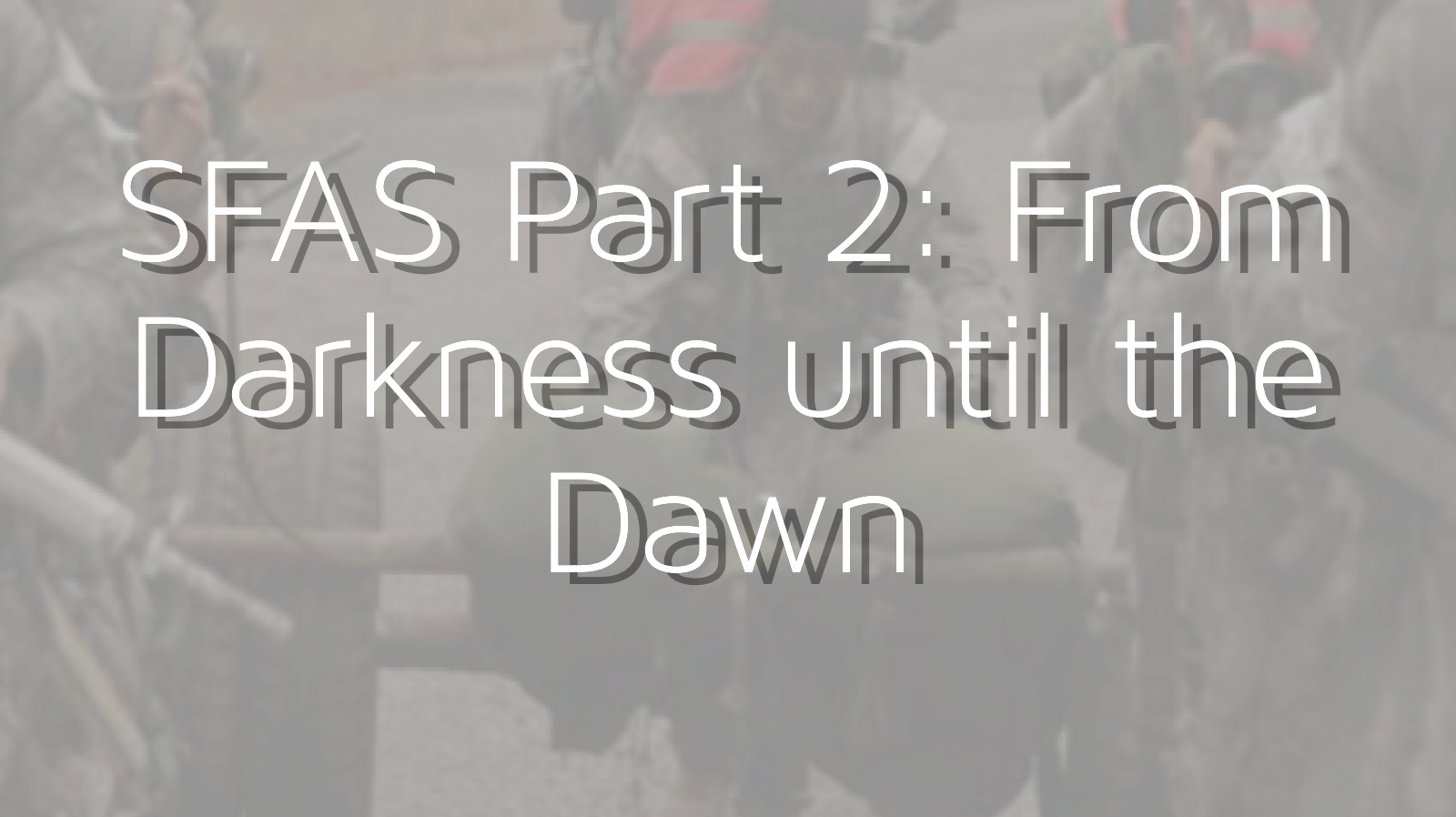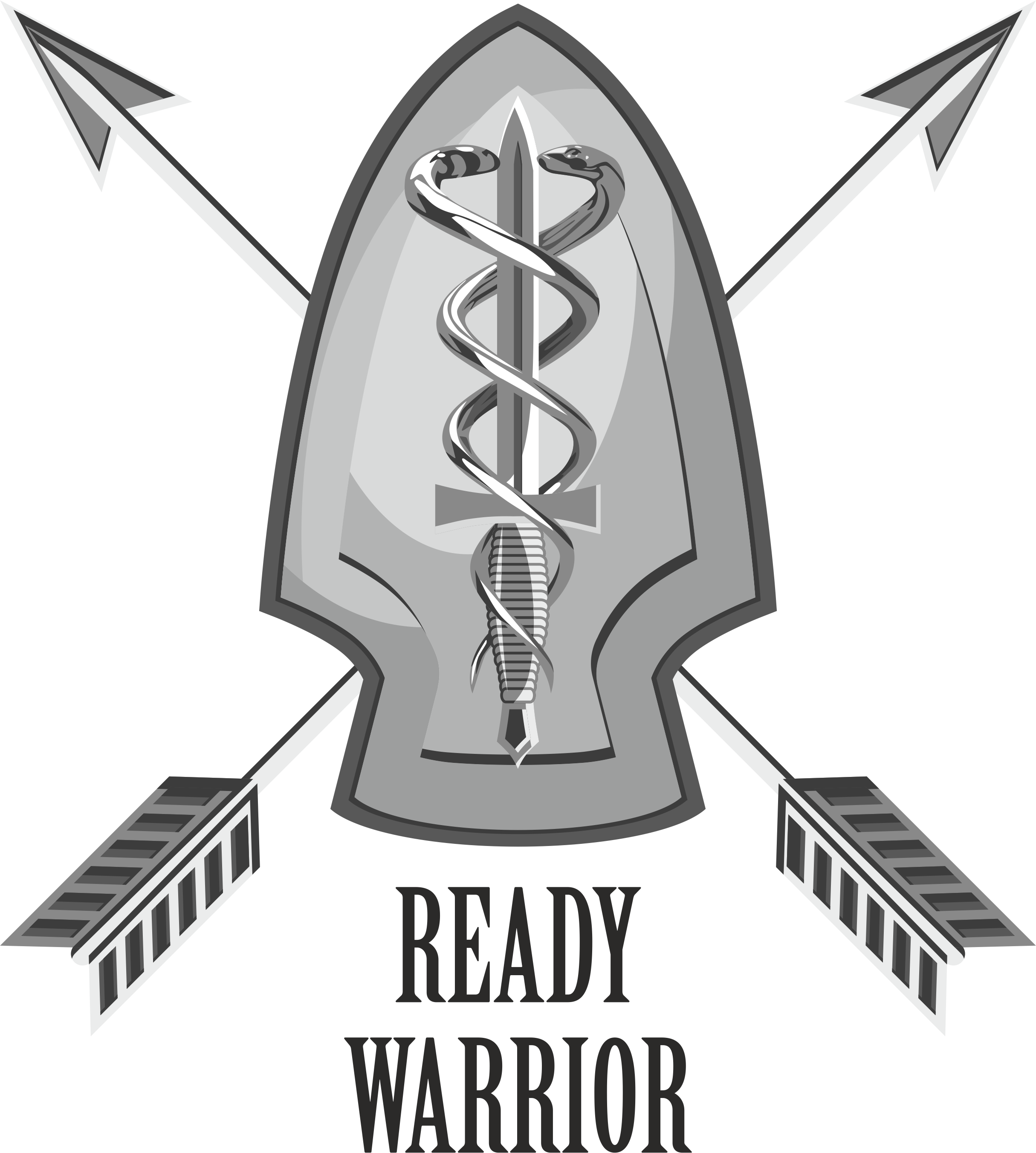The Silver Bullet Blog
FAQ About Special Forces Assessment and Selection
Every day we receive numerous emails and messages on our page regarding questions about SF Selection (SFAS), the 18D course, and more. We love hearing from you all, but it...
SFAS Part 2: From Darkness until the Dawn
After my horrible and embarrassing attempt at the land navigation STAR course (if you haven’t read that debacle, feel free to refresh HERE), we moved into the dreaded team week...



